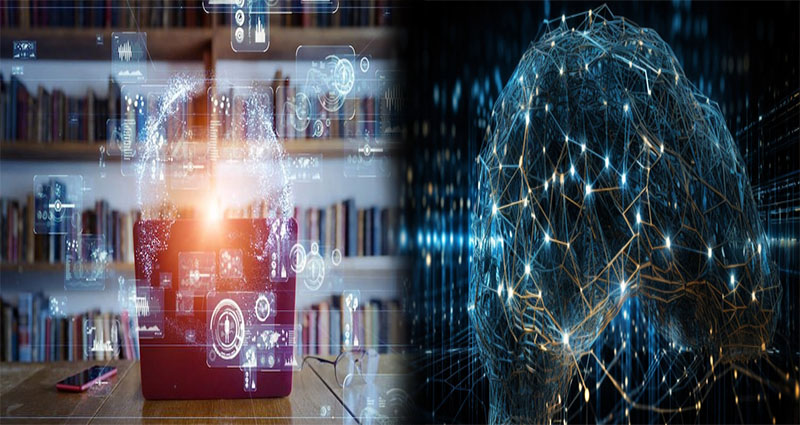Artificial Intelligence (AI) has rapidly become one of the most talked-about topics in the technology world, with Google’s AI algorithm defeating human champions in strategic board games such as Chess, Jeopardy, and Go, to AI systems assisting healthcare professionals with diagnoses. AI is rapidly becoming part of our daily lives, and it is essential to explore the different forms of AI systems that exist and their applications.
1. Rule-Based Systems
Rule-based systems employ a predefined set of rules coded explicitly for a specific task. These systems operate according to a clear set of instructions, entirely automated, and require humans to configure the rule set manually. These systems are well-suited for specific tasks that require rule-based decisions such as loan eligibility, spam email classification or security systems.
2. Neural Networks
Neural networks are a set of algorithms designed to recognize patterns. These networks operate by simulating the human brain, enabling computers to learn from data inputs to identify complex patterns. Neural networks are used in image and speech recognition systems, natural language processing, and machine learning.
3. Genetic Algorithms
Genetic algorithms are a class of machine learning algorithms based on natural selection and evolutionary biology. These algorithms are used to search for optimal solutions to a particular problem with a defined set of conditions. Genetic algorithms are widely employed in optimizing various processes, including manufacturing, scheduling and routing tasks, and supply chain management.
4. Fuzzy Logic Systems
Fuzzy logic systems are based on a theory in mathematics that deals with uncertainty and imprecision. Unlike conventional computers that operate in binary, where decisions are taken based on a “yes” or “no,” fuzzy logic allows for multiple possibilities or other in-between values. Fuzzy logic is useful in applications that require decisions that lie between the two extremes such as traffic control systems, decision-making processes, and image or voice recognition systems.
5. Expert Systems
Expert systems are computer-based systems that use decision-making algorithms and databases to provide solutions to problems that would typically require a human expert. Expert systems have extensive knowledge bases, procedures, and rules that can generate advice, diagnoses, or recommendations for decision-making processes.
Artificial Intelligence technology has come a long way since its inception, and AI systems have become ubiquitous across many industries. The different types of Artificial Intelligence systems, including rule-based systems, neural networks, genetic algorithms, fuzzy logic systems, and expert systems, offer solutions to various problems requiring automated decision-making. Understanding these systems’ capabilities and limitations allows us to maximize their potential in various industries, improving workflow processes, and enabling businesses and individuals to make decisions faster and more accurately. As AI technology continues to progress, we can look forward to more sophisticated systems that will shape our future in profound ways.









